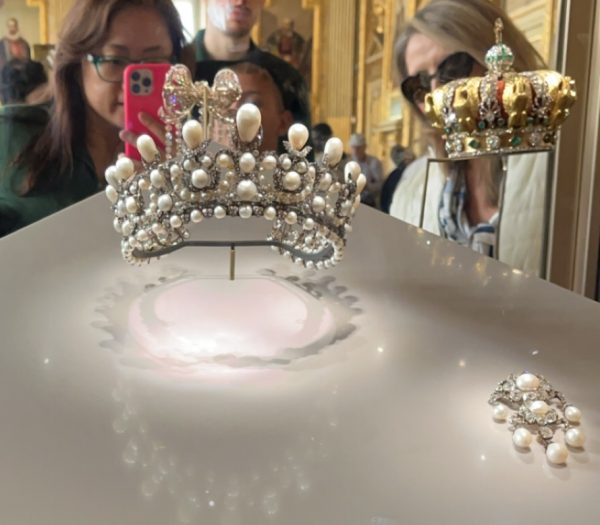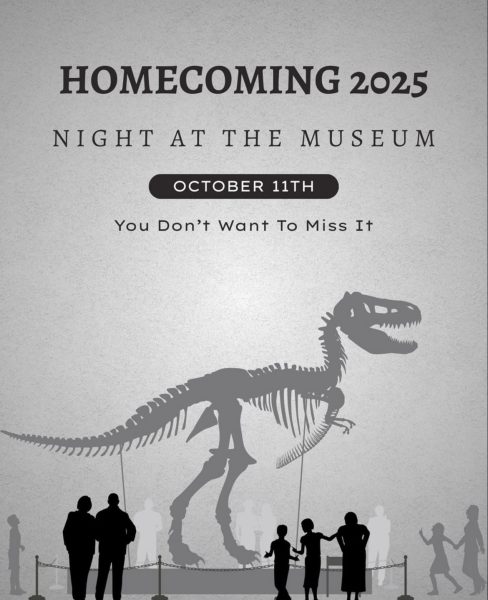Feminism: Does it Help or Hurt Society?
What comes to mind when you think of “feminism?” Some would say it’s a revolutionary movement to empower women and rise to be the equals of men. Others might think it’s an excuse for women to achieve more power than men. Equality is often perceived as a goal we have already accomplished. While in some cases this is fairly accurate, with women it is often not the case. So what really is “feminism” all about?
The modern day women’s rights movement was born (shockingly) a little over 150 years ago, when women gathered in Seneca Falls, NY (The Seneca Falls Convention) and wrote the revolutionary document that’s known today as the “Declaration of Sentiments” which explained how the women felt and outlined what they wanted to change to achieve equality. Additionally, the document called for a new amendment- an amendment to give women the right to vote. Twenty years later, Susan B. Anthony and Elizabeth Cady Stanton formed the National Women’s Suffrage Association, which worked primarily to achieve the voting amendment for women. In 1913, Alice Paul and Lucy Burns created the National Women’s Party, which used civil disobedience (like peaceful picketing outside the White House or hunger strike while Paul was in prison) to convince the government to pass a women’s voting rights amendment. In 1920, their wishes were granted, and the 19th amendment narrowly passed the House and the Senate, and was signed by President Wilson. However, the movement does not stop there.
“Feminism is, to me, the movement for dismantling the societal and cultural prejudices that place women as inferior to men,” says AHS junior Holly Craven. “Intersectional feminism is the kind of feminism to which I subscribe to, which does not pit women against women and uplifts all women, regardless of race, age, ability, sexual orientation, or if they were physically born a women [i.e. transgender].” Other kinds of feminism include liberal feminism, socialist feminism, new-age, and postmodern.
The women’s rights movement, dubbed “feminism,” still carries to the modern era as it has spread worldwide. For example, the monumental supreme court case Roe v. Wade (1973) granted women the right to an abortion in the first trimester of pregnancy. According to Positive.News, single women in Odisha, a territory of India, can acquire land, a huge milestone for women’s rights in third world countries. However, despite women of the western world achieving significant rights (ie. the right to vote, the right to own land) many women in other countries still have virtually no rights.
“Women have come a long way, that’s true, but almost exclusively in the western world,” says Craven. “Women have equal rights to men? Tell that to the child brides, victims of female circumcision, girls who can’t go to school, victims of rape and acid attacks. Tell women they are equal to men when they aren’t afraid of being shot or raped when rejecting a man. Tell women they are equal to men when pre-teen girls aren’t objectified by middle aged men across the world.”
“Feminism is very important to me. Feminism, for me, is a vital part of society, both past and present. Feminism is something that benefits both sexes and allows for people to stand up for the equal rights everyone deserves,” says AHS junior Sam Cox. “Women and men (and all people, really) are no different. Everyone deserves equality and for me, it’s necessary to improve the world as a whole.”
In the modern day, internet culture plays a huge role in altering people’s opinions. Internet culture has done wonders in spreading the message of feminism and making people aware of it. However, it also helped spread antagonism towards the feminist movement, and shedding a not-so-positive light on it. The internet has also birthed names such as “feminazi,” meaning a woman who puts men down to achieve equality, but is now a term used to label feminists who are very passionate about this movement.
“A lot of times people dismiss feminism as a joke. Oh, I’ve heard a lot of, ‘but they have equal rights. It says right here, in the Constitution!’ And yes, legally, women do have equal rights to men. But it’s not enforced. And socially, women are viewed as the ‘lower class’ by men,” says Cox. “The term ‘feminazi’ comes up a lot and I think it’s horrible. I think a lot of people try to brush it off as a joke because feminism takes the power out of men’s hands. Although, note, women can also be against feminism. While feminism supports equality, misandry occurs when it is said that women are better than men. While misandry is bad for everyone, feminism helps everyone.”




